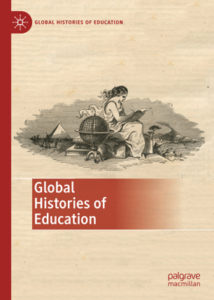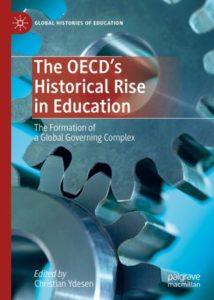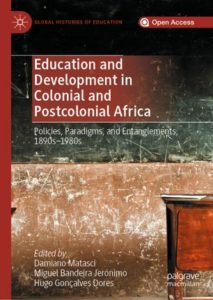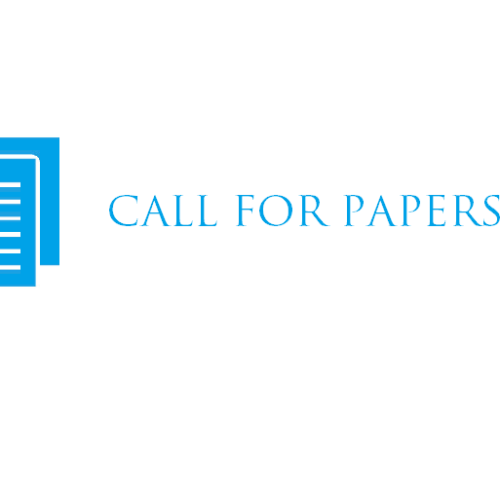Proud to Announce: Three Volumes Launched in the ISCHE “Global Histories of Education” book series
Thanks to our collaboration with Palgrave Macmillan ISCHE offers an edited book series for the publication of innovative scholarship in the history of education.
The series seeks to engage with historical scholarship that analyzes education within a global, world, or transnational perspective. Specifically, it seeks to examine the role of educational institutions, actors, technologies as well as pedagogical ideas that for centuries have crossed regional and national boundaries.
Link to Series Website: https://link.springer.com/bookseries/15390
Volumes in the Series
Education and Development in Colonial and Postcolonial Africa
Policies, Paradigms, and Entanglements, 1890s–1980s
Editors: Damiano Matasci, Miguel Bandeira Jerónimo, Hugo Gonçalves Dores
The OECD’s Historical Rise in Education
The Formation of a Global Governing Complex
Editors: Christian Ydesen
The Transnational in the History of Education
Concepts and Perspectives
Editors: Eckhardt Fuchs, Eugenia Roldán Vera
About author
You might also like
Call for Abstracts: Conservatism and Education
The “Jahrbuch für Historische Bildungsforschung” calls for abstracts for a special issue on “conservatism and education”. Editors: Michael Geiss and Sabine Reh The special issue will focus on conservative options
History of Education Doctoral Summer School–Call for Applications
11th HISTORY OF EDUCATION DOCTORAL SUMMER SCHOOL (HEDSS) — CALL FOR APPLICATIONS University of Lyon, France (École normale supérieure de Lyon), 11–14 June 2020 This conference invites applications from postgraduate students
Cross National Approaches toward Non-Formal Learning exploring Policies, Pedagogies, Practices and Methodologies: A One Day Training Seminar
Porque a educação ocorre de forma holística e o currículo se desenvolve também em espaços não formais (museus, centros de ciência, bibliotecas, etc.), em situações e ambientes interativos, vimos convidá-lo





